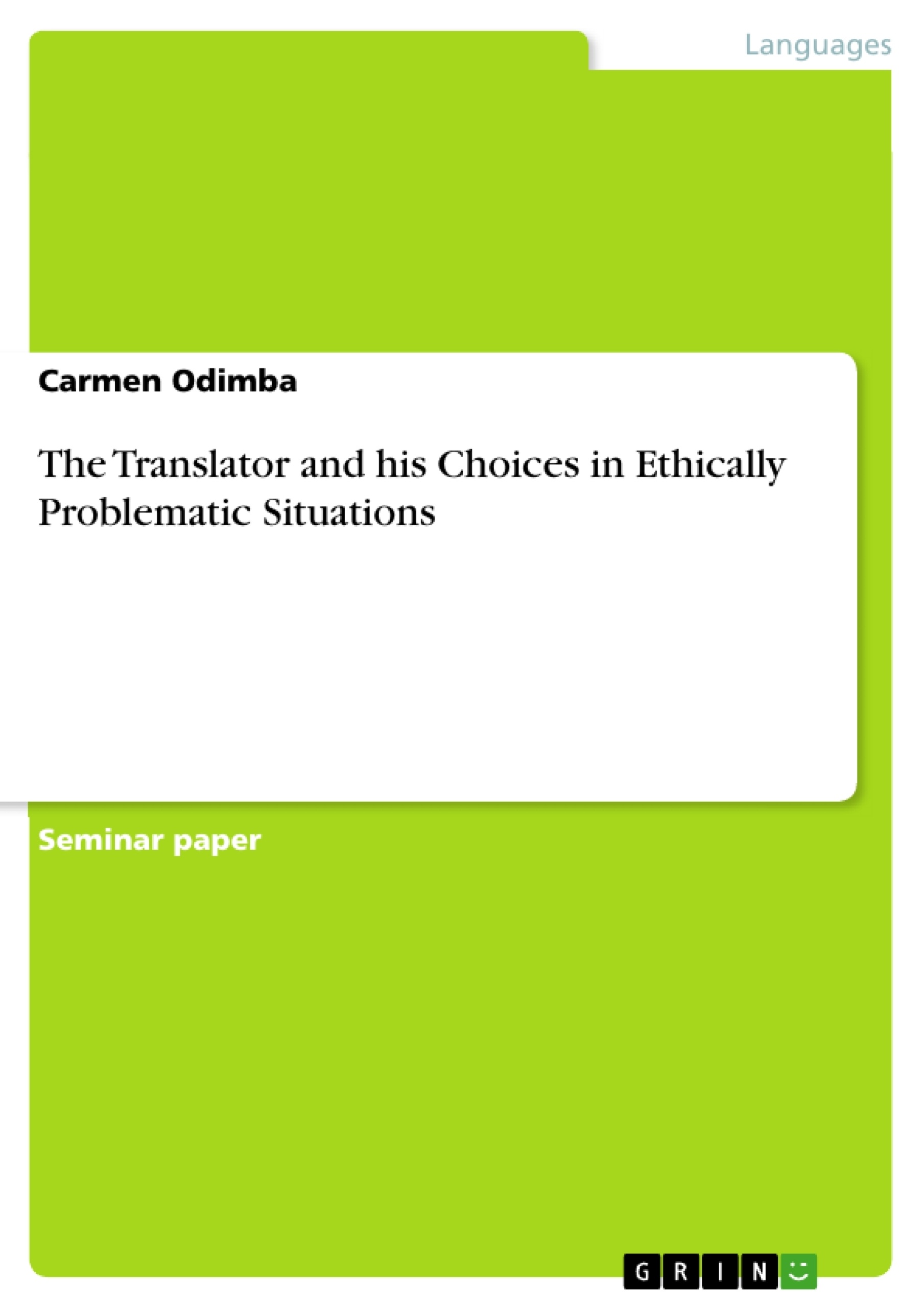Postmodernity is a confusing term which has been extensively discussed over the last years. There is no standard definition of it but the three intertwined senses of the word ‘postmodern’ provide some clarity about the matter.
Postmodernity is an era, it also incorporates postmodern philosophies attempting to grasp the peculiarities of that era and eventually corresponds to postmodernism, which includes expressions of the first two in the aesthetic realm. There is no postmodern school or single postmodern theory. The concept has received contributions from a pleiad of writers. Although it has first been broug regrouping term to name writers such as Foucault, Derrida, Lacan, Kristeva, Irigaray, Cixous, Spivak, and de Man (Koskinen 2000). In this paper, I will adopt the latter view. I will also use the word ‘postmodernity’ as a synonym for our contemporary post-World War II era.
Since the beginning of postmodernity, translation’s ideals have changed. The dream of a one hundred percent perfect translation has almost disappeared. The source text has lost a lot of its importance to now have barely as much price as the translator’s work technique. The translator is in most cases no more expected to be invisible but now has a claim to visibility. It did exist before and always has but was systematically denied for the sake of traditional ethics.
The traditional translation ethics have also been reinvented. There has been a massive rejection of old principles and universal ethics. The translator has nowadays a larger wiggle room. Even an unusual translation can be considered as a masterpiece as far the translator remains consistent with his personal ethics and is able to justify them.
In this paper I will portray the translator in three kinds of ethically problematic situations - asymmetric power relations, confidentiality and rudeness – in order to define his position and possible choices. After this reflection, I will eventually formulate my personal translator’s code of ethics.
Inhaltsverzeichnis (Table of Contents)
- Introduction
- Asymmetric power relations: translation in post-colonial context..
- Reflections on African literature and its translation.
- The African literature translator's choices and responsibilities
- Translating confidential documents
- The man who had his wife's diary translated.
- The translator's choices and responsibilities towards “illegal” translation jobs ……………...
- Translating rudeness..........\n
- Rudeness in La Haine.
- The translator's choices and responsibilities in translating rudeness
- My translator's Code of Ethics.........
- Conclusion.......
Zielsetzung und Themenschwerpunkte (Objectives and Key Themes)
This paper aims to explore the ethical dilemmas faced by translators in three specific scenarios: asymmetric power relations in a post-colonial context, confidentiality, and the translation of rudeness. By analyzing these situations, the paper seeks to define the translator's position and possible choices, ultimately leading to the formulation of a personal translator's code of ethics.
- The ethics of translation in a postmodern era
- Asymmetric power relations in the translation of African literature
- The translator's responsibility towards confidentiality
- The challenges of translating rudeness
- The development of a personal translator's code of ethics
Zusammenfassung der Kapitel (Chapter Summaries)
The introduction sets the stage by discussing the evolving nature of translation ethics in postmodernity, highlighting the shift from a focus on absolute accuracy to a greater emphasis on the translator's individual choices and ethical framework.
Chapter 2 delves into the complexities of translating African literature in a post-colonial context. It examines the challenges posed by the vast linguistic diversity of Africa and the inherent cultural disparities between African and European languages. The chapter also discusses the role of the translator in representing and conveying the nuances of African culture and the importance of transcultural knowledge.
Chapter 3 focuses on the ethical considerations surrounding the translation of confidential documents. It examines the case of a man who had his wife's diary translated, highlighting the delicate balance between privacy and professional responsibility.
Chapter 4 explores the complexities of translating rudeness, specifically analyzing the film "La Haine." It delves into the ethical considerations of rendering offensive language in a different language and the translator's responsibility to convey both the content and the intended effect of the original text.
Schlüsselwörter (Keywords)
Translation ethics, postmodernity, African literature, cultural translation, confidentiality, rudeness, translator's choices, ethical dilemmas, personal code of ethics.
Frequently Asked Questions
How has the role of the translator changed in postmodernity?
In postmodernity, the ideal of a "perfect" translation has faded. Translators are no longer expected to be invisible; they now have a claim to visibility and more freedom to follow their personal ethics.
What are the ethical challenges in translating African literature?
Translators face asymmetric power relations and cultural disparities between African and European languages, requiring deep transcultural knowledge to represent African culture accurately.
What is the translator's responsibility regarding confidentiality?
Translators must balance professional responsibility with privacy, especially when dealing with sensitive or potentially "illegal" translation jobs like private diaries.
How should rudeness be handled in translation?
The translator must decide how to render offensive language to convey both the original content and its intended emotional effect, as seen in works like the film "La Haine."
What is a translator's code of ethics?
It is a personal framework developed by a translator to guide choices in ethically problematic situations, ensuring consistency and justification for their work.
- Quote paper
- Carmen Odimba (Author), 2010, The Translator and his Choices in Ethically Problematic Situations, Munich, GRIN Verlag, https://www.grin.com/document/299081



